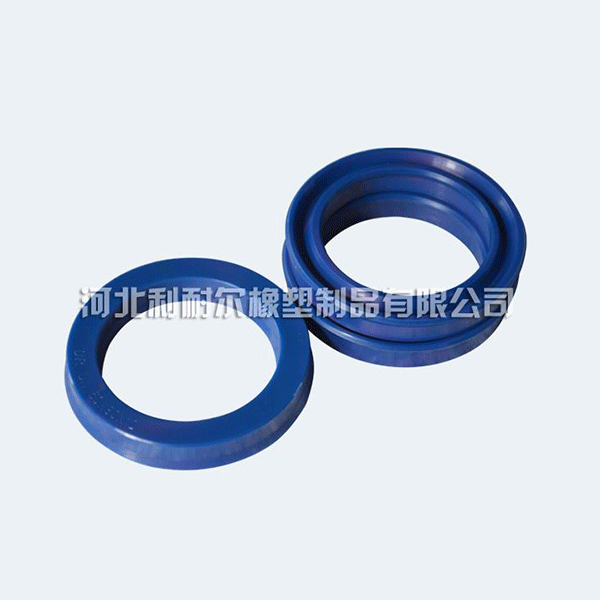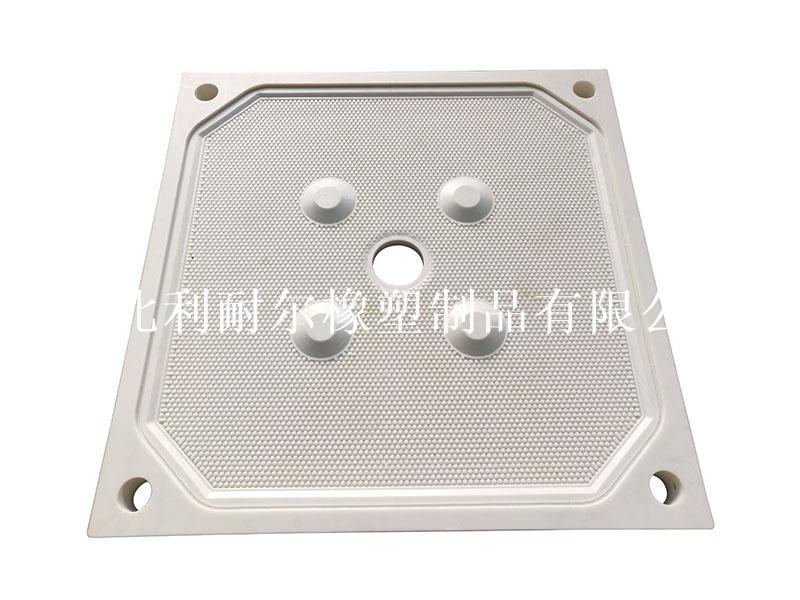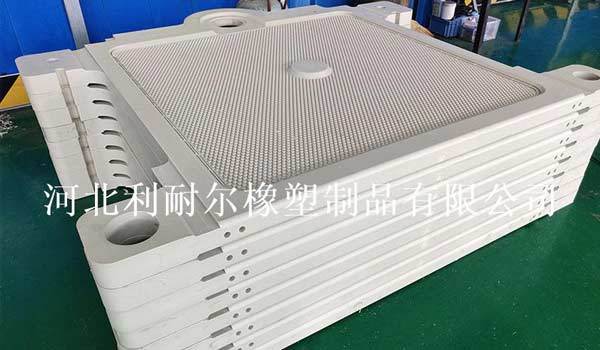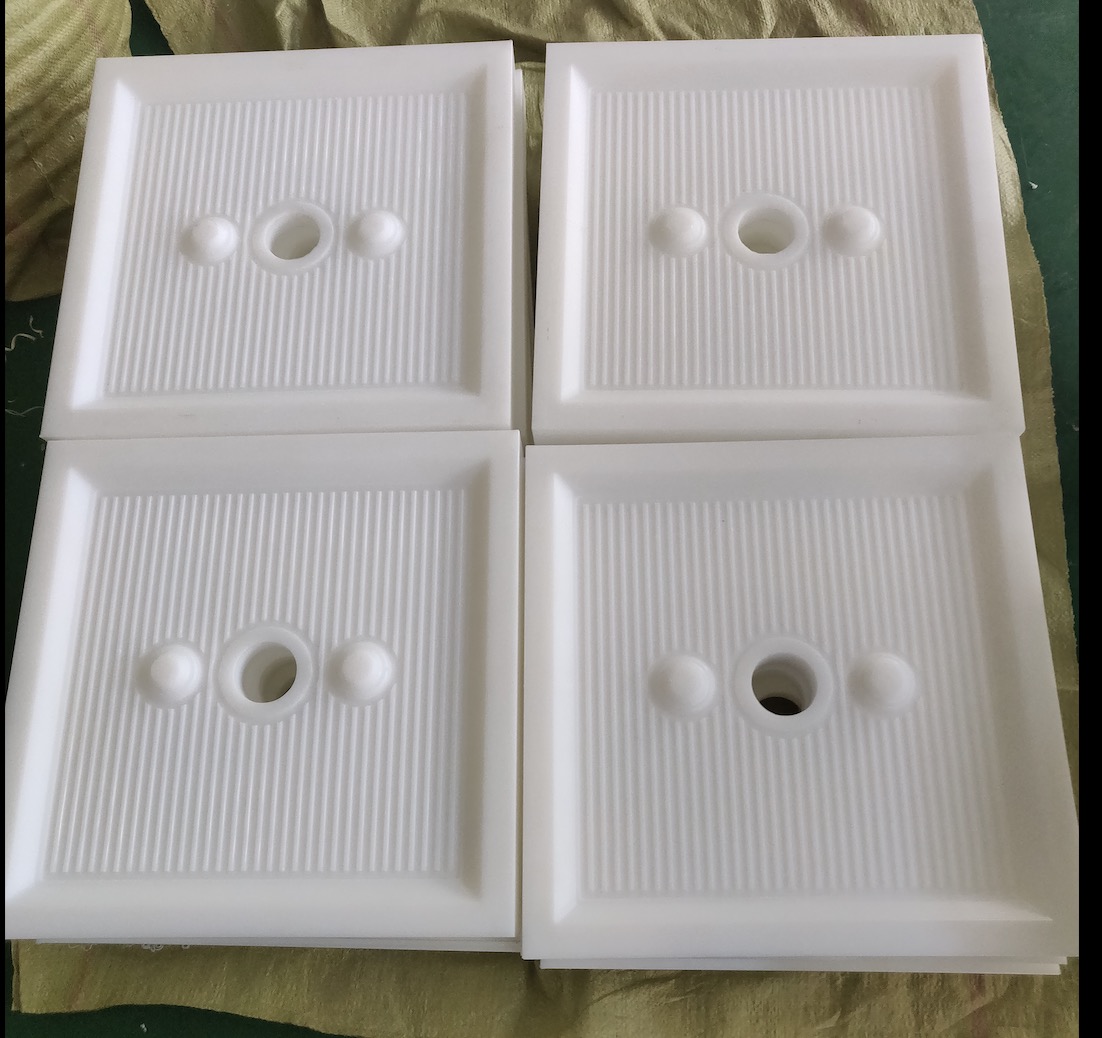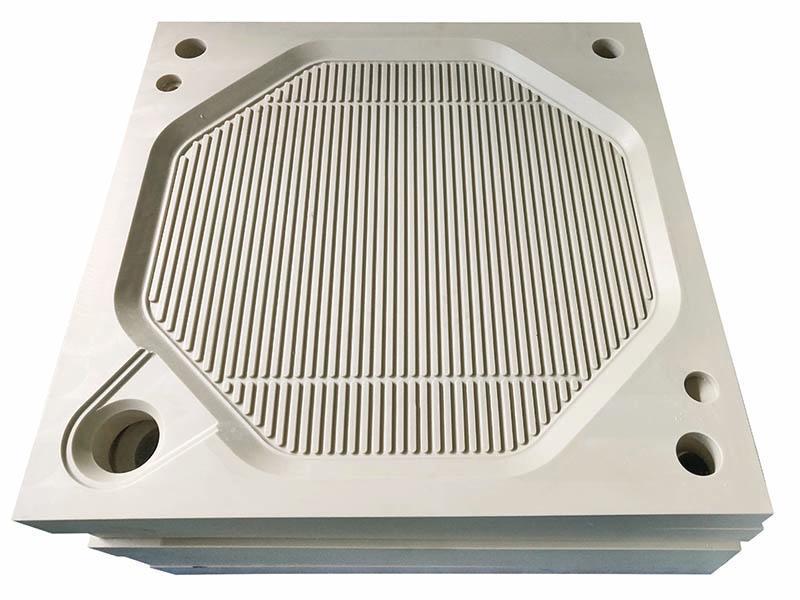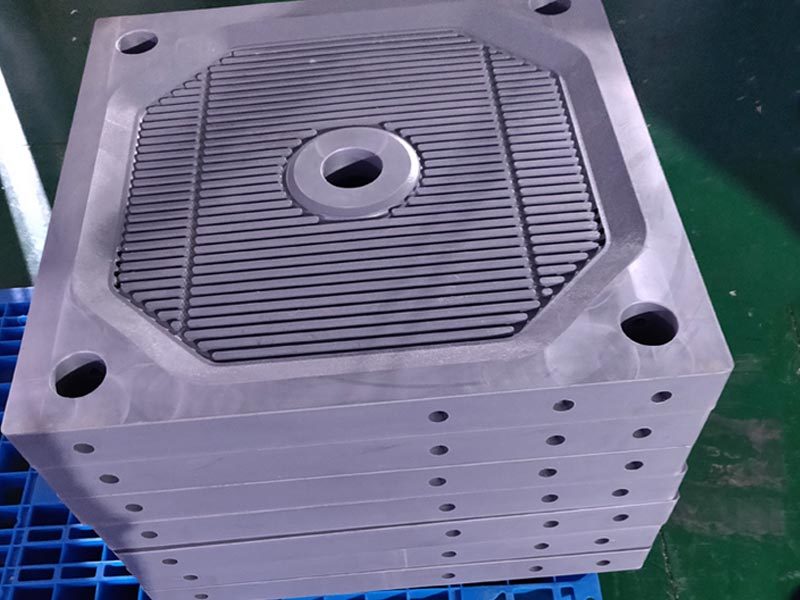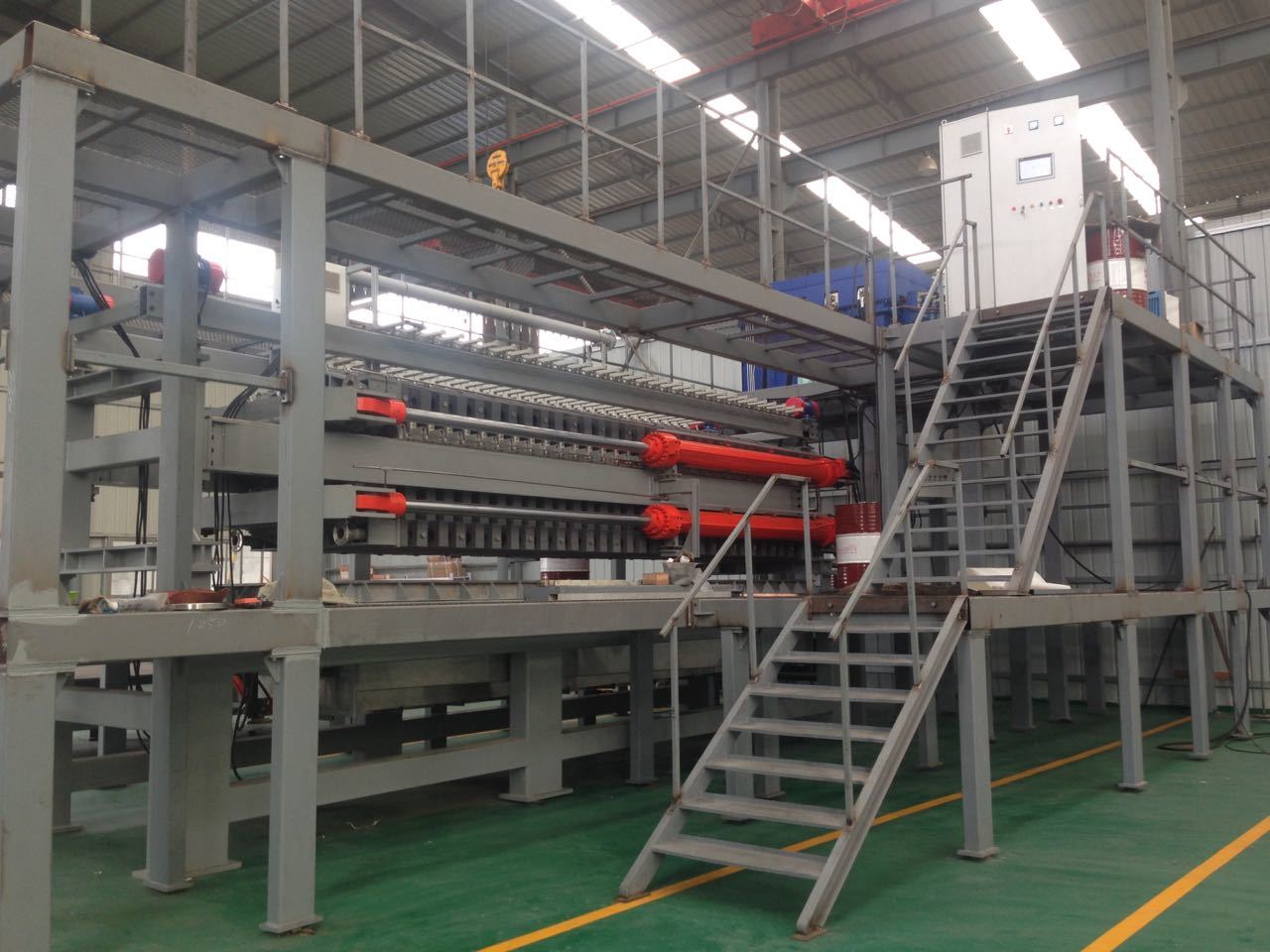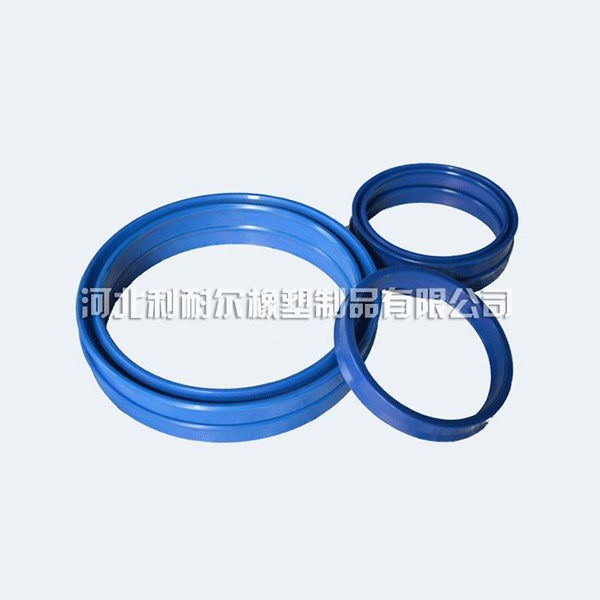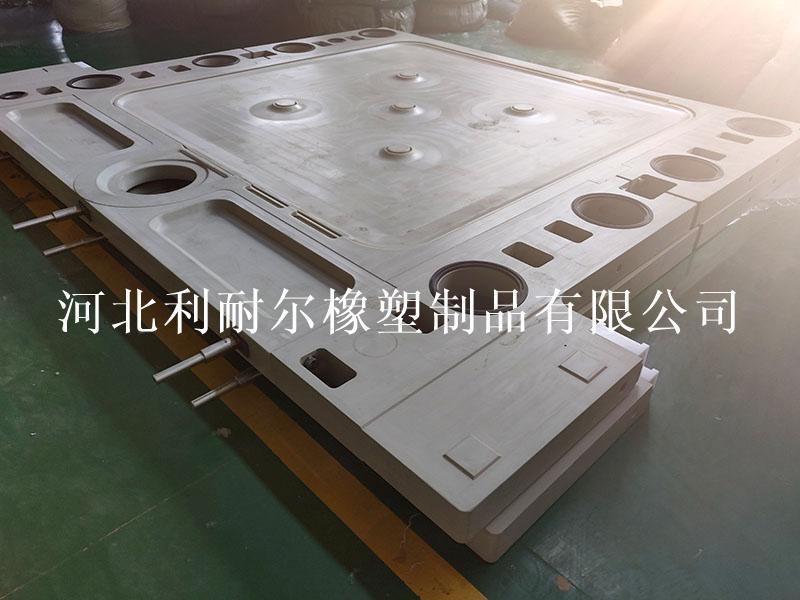Understanding Filter Plates: Essential Components in Chemical and Plastic Processing
Release time:
2024-12-29
Filter plates are specialized devices used primarily in the filtration processes within the chemical and plastics sectors. Their main purpose is to separate solid particles from liquids, ensuring that the final product meets the necessary quality standards. This is particularly vital in industries where purity and consistency are paramount, such as in the production of plastics and numerous chemic
Filter plates are specialized devices used primarily in the filtration processes within the chemical and plastics sectors. Their main purpose is to separate solid particles from liquids, ensuring that the final product meets the necessary quality standards. This is particularly vital in industries where purity and consistency are paramount, such as in the production of plastics and numerous chemical compounds.
One of the most common applications of filter plates is in the filtration of slurries and suspensions. These materials, often encountered in chemical processing, can contain various solid particles that need to be removed to obtain a clean liquid. The filter plate acts as a barrier, allowing the liquid to pass through while retaining the solid materials, thus preventing contamination of the end product.
Filter plates are typically made from durable materials that can withstand harsh chemical environments. These materials include various types of plastics, metals, or composite materials that provide the required strength and resistance to chemical degradation. Choosing the right material for a filter plate is critical, as it directly affects the plate's lifespan and efficiency in the filtration process.
In addition to their structural materials, filter plates can vary in design to accommodate different filtration requirements. For instance, some filter plates may feature multiple layers, enhancing their capacity to trap particles. Others may be designed with specific pore sizes, which allow for more precise filtration, depending on the application. This versatility makes filter plates suitable for a wide range of processes, from wastewater treatment to the production of high-quality plastic products.
The importance of filter plates extends beyond just the filtration process. They play a vital role in improving operational efficiency and reducing waste. By effectively removing impurities, filter plates help to minimize the risk of equipment fouling, which can lead to costly downtime and maintenance. Additionally, optimizing the filtration process can result in lower energy consumption and resource usage, contributing to more sustainable practices within the industry.
In summary, filter plates are essential components in the chemical and plastics industries. They enhance product quality by removing unwanted solid particles, while also contributing to operational efficiency and sustainability. Understanding the various types and applications of filter plates can help businesses make informed decisions regarding their filtration processes, ultimately leading to improved product outcomes and reduced costs. Whether for large-scale production or small batch processing, the right filter plate is crucial for achieving the desired results in any filtration application.
One of the most common applications of filter plates is in the filtration of slurries and suspensions. These materials, often encountered in chemical processing, can contain various solid particles that need to be removed to obtain a clean liquid. The filter plate acts as a barrier, allowing the liquid to pass through while retaining the solid materials, thus preventing contamination of the end product.
Filter plates are typically made from durable materials that can withstand harsh chemical environments. These materials include various types of plastics, metals, or composite materials that provide the required strength and resistance to chemical degradation. Choosing the right material for a filter plate is critical, as it directly affects the plate's lifespan and efficiency in the filtration process.
In addition to their structural materials, filter plates can vary in design to accommodate different filtration requirements. For instance, some filter plates may feature multiple layers, enhancing their capacity to trap particles. Others may be designed with specific pore sizes, which allow for more precise filtration, depending on the application. This versatility makes filter plates suitable for a wide range of processes, from wastewater treatment to the production of high-quality plastic products.
The importance of filter plates extends beyond just the filtration process. They play a vital role in improving operational efficiency and reducing waste. By effectively removing impurities, filter plates help to minimize the risk of equipment fouling, which can lead to costly downtime and maintenance. Additionally, optimizing the filtration process can result in lower energy consumption and resource usage, contributing to more sustainable practices within the industry.
In summary, filter plates are essential components in the chemical and plastics industries. They enhance product quality by removing unwanted solid particles, while also contributing to operational efficiency and sustainability. Understanding the various types and applications of filter plates can help businesses make informed decisions regarding their filtration processes, ultimately leading to improved product outcomes and reduced costs. Whether for large-scale production or small batch processing, the right filter plate is crucial for achieving the desired results in any filtration application.
Related News




















